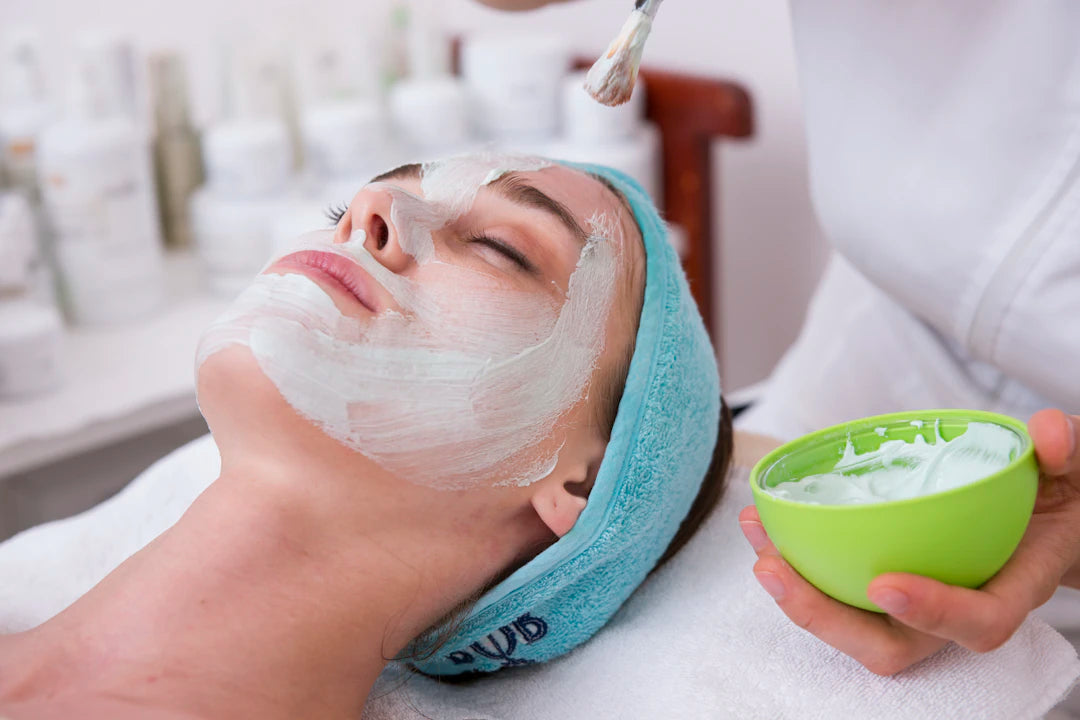The Impact of Humidity on Your Skin Care Routine

Frequently Asked Questions
1. What is humidity and how does it affect the skin?
2. How should I adjust my skin care routine in high humidity?
3. What skin issues can arise from low humidity?
4. What additional tips can help maintain healthy skin year-round?
5. When should I seek professional help for skin issues?
Humidity plays a significant role in not only the atmosphere around us but also our skin care routines. Understanding how humidity influences your skin can help you refine your regimens, ensuring your skin remains healthy and radiant. In this article, we delve into the effects of humidity on your skin, the adjustments you might need to make to your skin care routine, and how to achieve your desired skin goals.
Understanding Humidity: What Is It?
Humidity refers to the amount of moisture present in the air. High humidity levels can create a sticky feeling, making the air feel heavier and often causing your skin to become clammy or oily. Conversely, when humidity levels drop, you might experience dryness, leading to visible skin issues like flakiness or irritation. Factors such as season, geography, and weather changes all influence the humidity levels, thereby affecting your skin.
How Humidity Affects Your Skin
The epidermis, or the outer layer of the skin, is continuously trying to balance moisture. When external humidity levels fluctuate, so do the moisture levels in your skin. Let's look at the two extremes—high humidity and low humidity:
High Humidity Levels
When the weather is humid, your skin may retain more moisture than usual. While this might sound beneficial, excessive humidity can lead to:
- Clogged Pores: When sweat and oil accumulate, they can block pores, potentially leading to acne.
- Uneven Skin Tone: Increased perspiration and oiliness can exacerbate skin issues, requiring effective uneven skin tone treatment.
- Skin Irritation: Heat and humidity can contribute to rashes or skin irritations, particularly for sensitive skin types.
Low Humidity Levels
On the flip side, low humidity is notorious for drying out your skin. Here’s how your skin reacts:
- Dryness: Your skin can become flaky and rough without adequate moisture.
- Increased Fine Lines: Dehydrated skin may lead to the appearance of fine lines, making skin tightening a significant concern.
- Tightness: A lack of moisture can leave your skin feeling tight and uncomfortable.
Adapting Your Skin Care Routine for Different Humidity Levels
Adapting your skin care routine according to humidity can significantly enhance your skin's health and appearance. Here are some tips for both high and low humidity environments:
In High Humidity
When humidity levels are elevated, focus on lightweight products that hydrate without weighing your skin down. Consider the following:
- Use Lightweight Moisturizers: Look for gel-based or lightweight moisturizers that provide hydration without clogging pores.
- Opt for Non-Comedogenic Products: Choose non-comedogenic formulas to avoid acne flare-ups caused by clogged pores.
- Stay Hydrated: Drink plenty of water to maintain your skin's moisture balance from within.
In Low Humidity
When the air is dry, it’s crucial to replenish moisture effectively. Here are some strategies:
- Use Rich, Creamy Moisturizers: Opt for thicker creams or ointments that provide a barrier to lock in moisture.
- Incorporate Oils: Facial oils can help prevent transepidermal water loss and restore your skin’s natural protection.
- Humidifiers: Use a humidifier indoors to add moisture back into the air, creating a more favorable environment for your skin.
Additions to Your Skin Care Routine
While adjusting your routine based on humidity levels is crucial, incorporating some other skin care practices can bolster your skin's resilience:
Exfoliation
Regular exfoliation can help remove dead skin cells, especially in high humidity when oils can build up. Opt for gentle exfoliants that won't irritate your skin.
Sun Protection
No matter the humidity level, sun protection should always be part of your routine. Choose a lightweight, broad-spectrum sunscreen to guard your skin against UV damage.
Recognizing Your Skin Type
Your skin type plays a crucial role in how you should respond to changes in humidity. Knowing your skin type—whether it's oily, dry, combination, or sensitive—will help you select the right products and adjust your routine accordingly.
Oily Skin
If you have oily skin, high humidity may exacerbate oil production. Use oil-free moisturizers and lighter formulations to maintain a balance without creating excess oil.
Dry Skin
For those with dry skin, low humidity can exacerbate dryness. Opt for rich creams and barriers to lock in moisture and protect from environmental stressors.
Combination Skin
Combination skin poses its own challenges. You may need to use products targeted towards oily areas while also nourishing dry areas with richer formulations. Balance is key!
Extra Tips for Healthy Skin Year-Round
Maintain skin health through a holistic approach that includes diet, hydration, and mindful practices:
- Hydrate: Drinking enough water daily helps your skin maintain its moisture balance.
- Eat a Balanced Diet: Consume antioxidants, healthy fats, and vitamins that support skin health.
- Manage Stress: Stress can negatively impact skin health, leading to breakouts or dullness. Incorporate stress-relief techniques like yoga or meditation.
Know When to Seek Professional Help
While understanding humidity's effects can significantly benefit your skin care routine, there may be times when professional advice is warranted. For persistent skin concerns or conditions, consider consulting a dermatologist. They can provide personalized recommendations for uneven skin tone treatment or skin tightening options that are specifically tailored to your skin's needs.
Final Thoughts: Embrace Humidity's Influence
The key takeaway is that your skin is continuously adapting to its environment. By understanding and respecting how humidity affects your skin, you can make the necessary adjustments to your skin care routine. Whether you're facing the sticky heat of summer or the dryness of winter, your skin can thrive with the right approach. Stay informed, stay hydrated, and watch your skin transform beautifully regardless of the weather!


